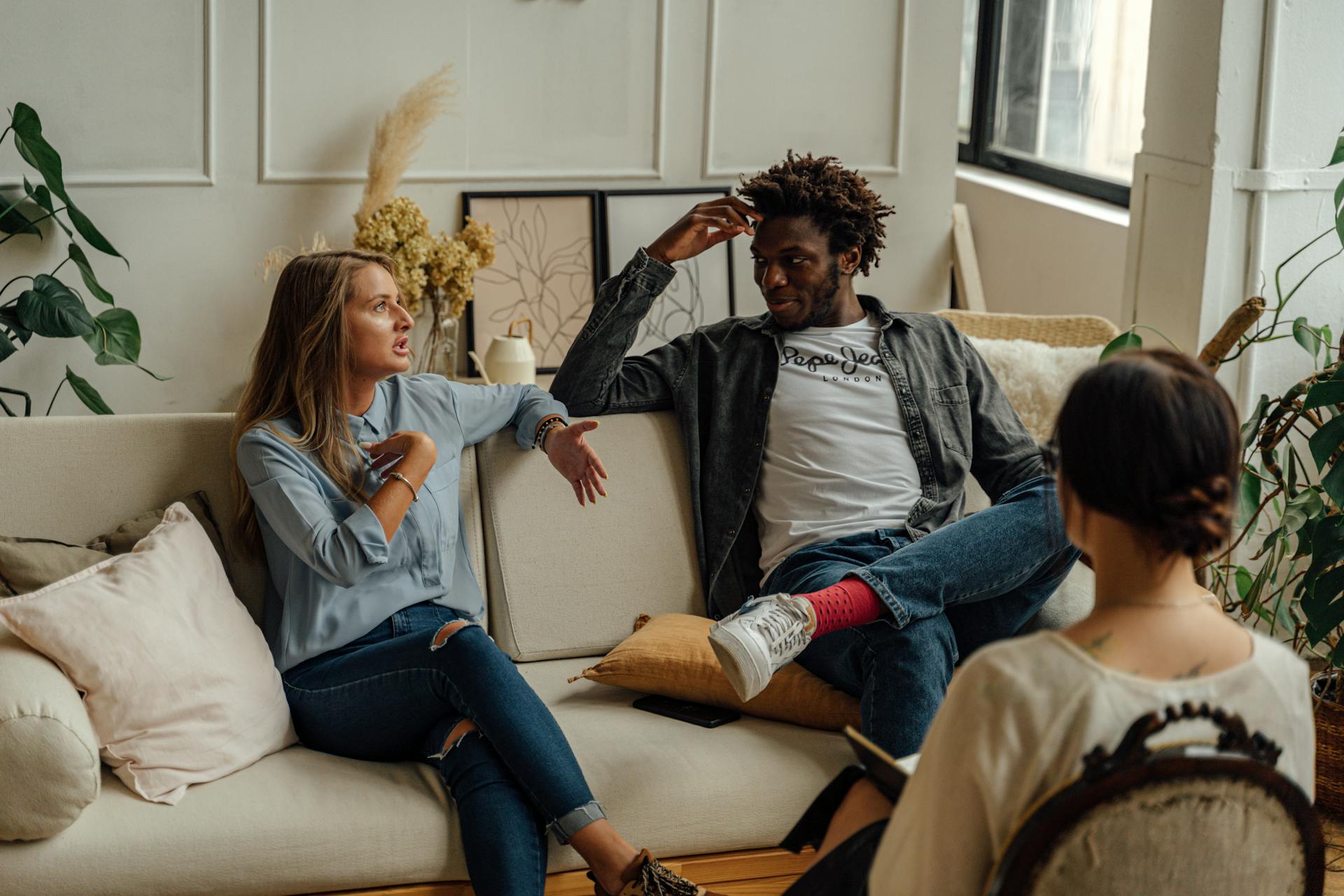
The Importance of Active Listening in Couples Therapy
The Importance of Active Listening in Couples Therapy
In the busy whirlwind of daily life, couples often find themselves lost in the noise—rushing from one task to another, each partner feeling unheard and misunderstood. Couples therapy can be a powerful tool for restoring balance and connection, but one critical skill remains essential throughout this journey: active listening. Whether you’re dealing with communication issues, working to rekindle intimacy, or balancing the demands of family and romance, understanding and practicing active listening can dramatically transform your relationship dynamics.
Understanding the Issue
Active listening is more than simply hearing words; it’s about truly understanding and engaging with your partner’s thoughts and feelings. According to studies in relationship psychology, couples frequently struggle with communication breakdowns that lead to feelings of isolation and frustration. Many individuals believe they are listening, but in reality, they are preparing their responses or zoning out when the other person speaks. This not only hinders effective communication but can also escalate conflicts, reinforce negative patterns, and drive a wedge between partners.
In couples therapy, pinpointing communication barriers is often foundational. Building a relationship where both partners feel validated and understood is key to long-term change. Recognizing the importance of active listening can make a substantial difference in how couples interact and resolve their issues. As relationships often evolve, so should the approaches couples take to connect with one another.
Practical Solutions or Insights
- Create a Safe Space: Establish an environment where both partners feel comfortable expressing themselves. This could mean setting regular times to talk without distractions, ensuring both partners have the opportunity to speak without interruption, and agreeing to discuss feelings rather than making judgments.
- Use Reflective Listening Techniques: An effective way to practice active listening is through reflective listening. After your partner shares their thoughts, paraphrase what you heard to show understanding, such as, “What I hear you saying is…” This not only confirms that you are engaging with their words but also provides them the chance to clarify if you’ve misunderstood something.
- Nonverbal Communication Matters: Pay attention to your body language. Maintain eye contact, lean slightly toward your partner, and use open gestures to signal engagement. Nonverbal cues significantly impact the listening process and can help emphasize that you value what your partner is saying.
- Ask Open-Ended Questions: Encourage deeper dialogue by asking open-ended questions, such as, “How did that make you feel?” This invites your partner to express their feelings more fully and helps you understand their perspective.
- Avoid Problem-Solving Immediately: Sometimes, a partner may simply want to be heard rather than receive solutions. Resist the urge to immediately offer advice unless it is requested. Sometimes, the best support is to listen.
- Express Empathy and Validation: Show empathy by acknowledging your partner’s feelings. Phrases like, “I can see why you feel that way” or “It’s understandable to feel this way given the situation” help validate their emotions and pave the way for constructive dialogue.
- Practice Patience: Change takes time. If active listening doesn’t come naturally at first, be patient with yourselves. Consider setting small goals, such as focusing on one strategy each day to practice until it becomes a habit.
- Utilize Technology Wisely: In our digital age, consider tools that enhance communication. Apps like Recoupling can provide resources, guided conversations, and prompts to help couples build communication skills, including active listening.
Conclusion or Takeaway
Active listening is a foundational skill that can significantly improve relationship dynamics and communication in couples therapy and beyond. By creating a safe environment, using reflective techniques, paying attention to nonverbal cues, and validating each other’s feelings, couples can rebuild connection and foster deeper intimacy. As you integrate these strategies into your interactions, be sure to reflect on the positive changes in your relationship.
To further support your journey toward better communication and relationship health, download the Recoupling App today. With its tailored exercises and resources, you can cultivate the essential practice of active listening and enhance your connection with your partner. Take that first step toward a stronger, more fulfilling relationship today!
